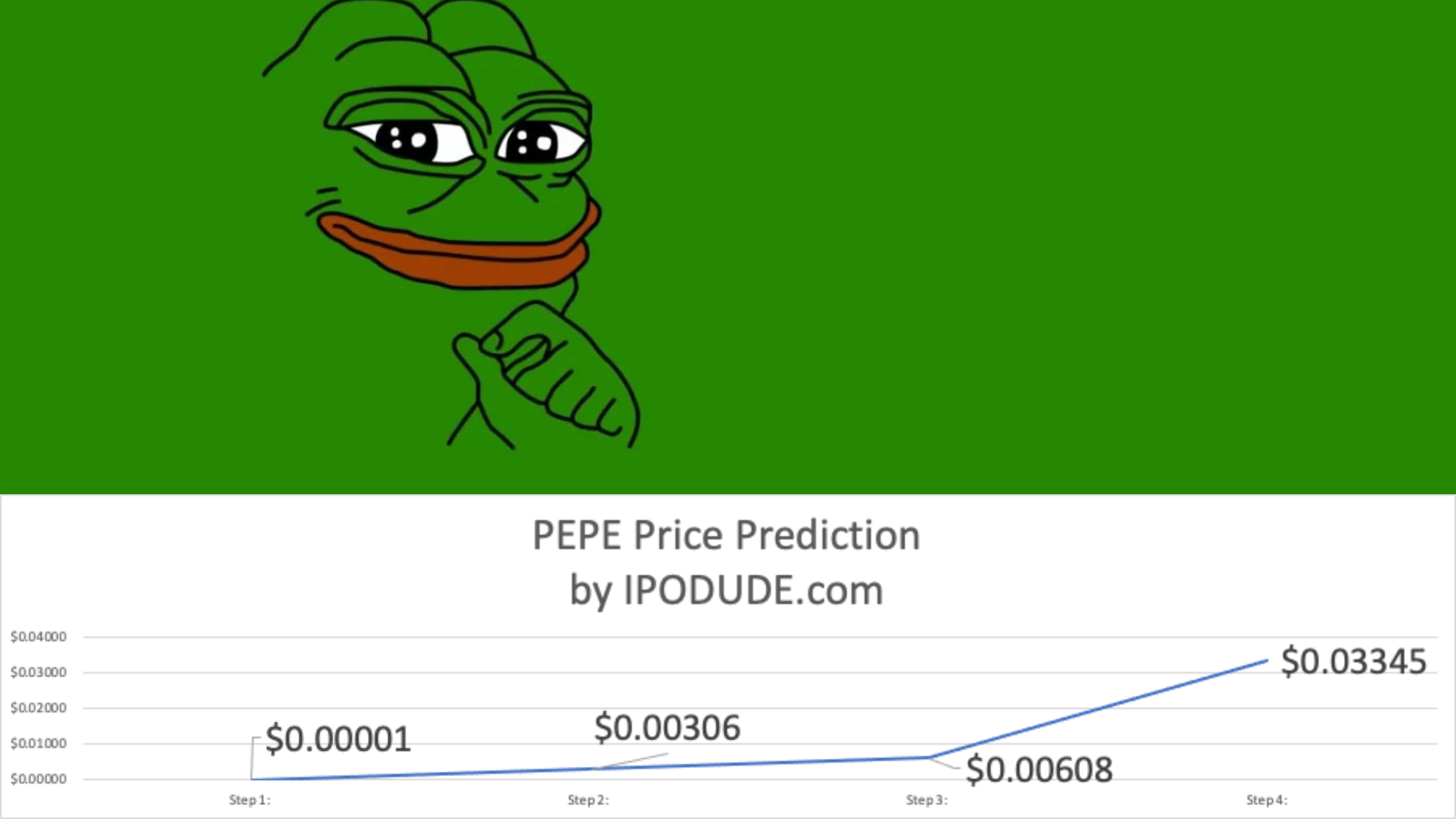Decoding the Price Tag: How to Tell If an IPO Is Overpriced?
Venture into a comprehensive discussion on gauging if an IPO is overpriced. Learn how to read financial signals and economic contexts, empowering you with the knowledge to make savvy investment decisions.
Introduction: The IPO Pricing Puzzle
Hello, daring investors! Today’s quest uncovers the mystery shrouding Initial Public Offerings (IPOs) pricing. This deep dive into the art and science of IPO pricing equips you to discern better if an IPO may be overpriced.
The Concept Corner: What Does ‘Overpriced’ Mean?
At its simplest, an IPO is considered ‘overpriced’ if it appears to be valued much higher than its fundamental value, as indicated by the various financial and growth metrics.
The Financial Compass: Metrics to Guide You
Here are some key metrics that can guide your understanding of a company’s value:
- Price-to-earnings (P/E) Ratio: This is a classic ratio used to assess a company’s value. Higher P/E ratios could suggest overpricing.
- Price-to-sales (P/S) Ratio: Particularly useful for companies with little or no earnings, this ratio examines a company’s market capitalization about its revenue.
- Comparable Market Analysis: Check how similar companies in the same industry are valued. If the IPO company seems significantly more expensive without a defensible reason, it might be overpriced.
The Economic Canvas: Wider Viewpoints
IPO pricing doesn’t operate in a vacuum. Overpriced IPOs may be more common in frothy markets where investors exhibit ‘irrational exuberance.’
Of Hype and Reality: The Role of Sentiment
Investor sentiment plays a significant role in IPO pricing. If hype outpaces a company’s financial reality, it could signify overpricing.
Conclusion: Becoming a Smart IPO Investor
Determining whether an IPO is overpriced requires understanding myriad factors – from viewing the company’s financial health and acknowledging industry benchmark to reading market sentiments. This practice empowers you to become not just a successful but also a savvy, well-informed investor. Remember, you’re not just buying a share; you’re investing in a company’s vision.
#DecodingIPOs #IPOValuation #SmartIPOInvesting #FinancialMetrics #InvestmentStrategies





